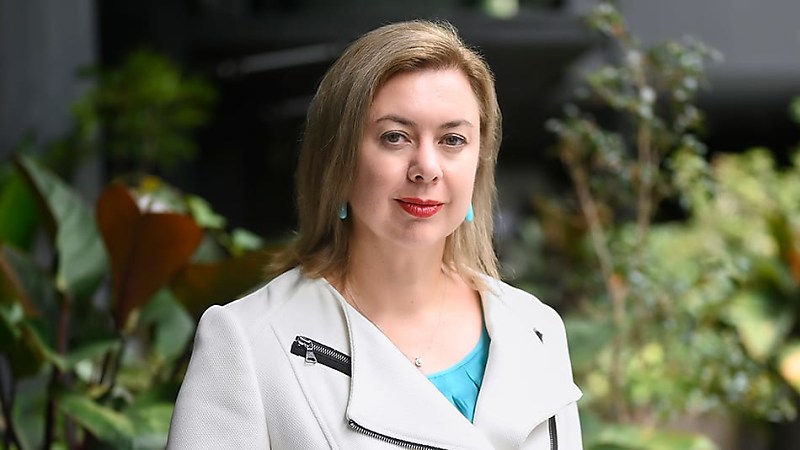FAAA outlines priorities for next federal government
The CSLR is at the top of the FAAA’s list of issues it is urging the incoming government to prioritise.
The Financial Advice Association Australia (FAAA) has identified five key areas it said need urgent attention from the next government, including the Compensation Scheme of Last Resort.
Sarah Abood, chief executive of the FAAA, said the association has already made several recommendations to ensure the CSLR scheme is fit for purpose.
“Our most immediate requirements for CSLR are to cap the financial advice levy at $10 million and to stop financial advisers paying for product failures,” Abood said.
“These steps would go a long way to ensuring the CSLR achieves what it was set up to do, without causing immeasurable harm to the financial advice profession, and potentially failing consumers.”
She added that one overlooked result of advisers paying for an ever-increasing CSLR levy, coupled with the red tape and unnecessary paperwork, is that it suppresses interest in joining the profession.
“Paying a levy for the mistakes made by others before you even started in the profession is clearly a deterrent to becoming a financial adviser,” she said.
“It is essential that more people are encouraged to become financial advisers, to meet the growing need of Australians for professional, quality advice to manage their financial situation.”
The other areas the FAAA is urging the next government to consider taking action on include providing adviser access to the ATO portal, delivering effective Delivering Better Financial Outcomes (DBFO) reforms and implementing a standardised fee consent form, instigating a financial services razor-gang to cut red tape, and supporting new entrants to the financial advice profession.
Abood said it has become increasingly apparent to all sides of politics that financial advice has a critical role to play in helping Australians achieve financial wellbeing and security.
“The events of the past few years have highlighted the importance of quality professional financial advice for all Australians. While well-intentioned, much of the legislation introduced since the Hayne Royal Commission has not hit the mark,” she said.
“It has ultimately served to drive up the cost of advice and made it more difficult for people to get the advice they need at an affordable price to manage their increasingly complex financial needs. Our future government needs to take substantive steps to fix the crisis in our profession.”
She continued that key “asks” are designed to help reduce the cost of providing professional advice and also encourage more people to enter the advice profession, both critical requirements for a healthy and sustainable financial advice community.
“We are also calling for greater support for new entrants to the profession, including a flexible education standard, financial support from the government for the employers of Professional Year candidates, and reducing the cost of doing the financial adviser exam,” Abood added.
“These measures would go a long way towards streamlining the process for those wanting to become a financial adviser. Excessive red tape and regulation in the profession have contributed substantially to the cost of professional financial advice. Many voices are calling for a tighter focus on cutting red tape in financial services, offering substantial benefits to both advisers and their clients.”








